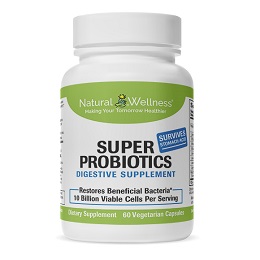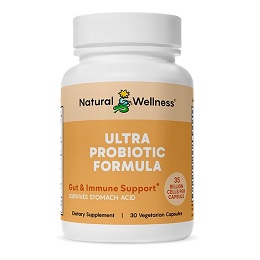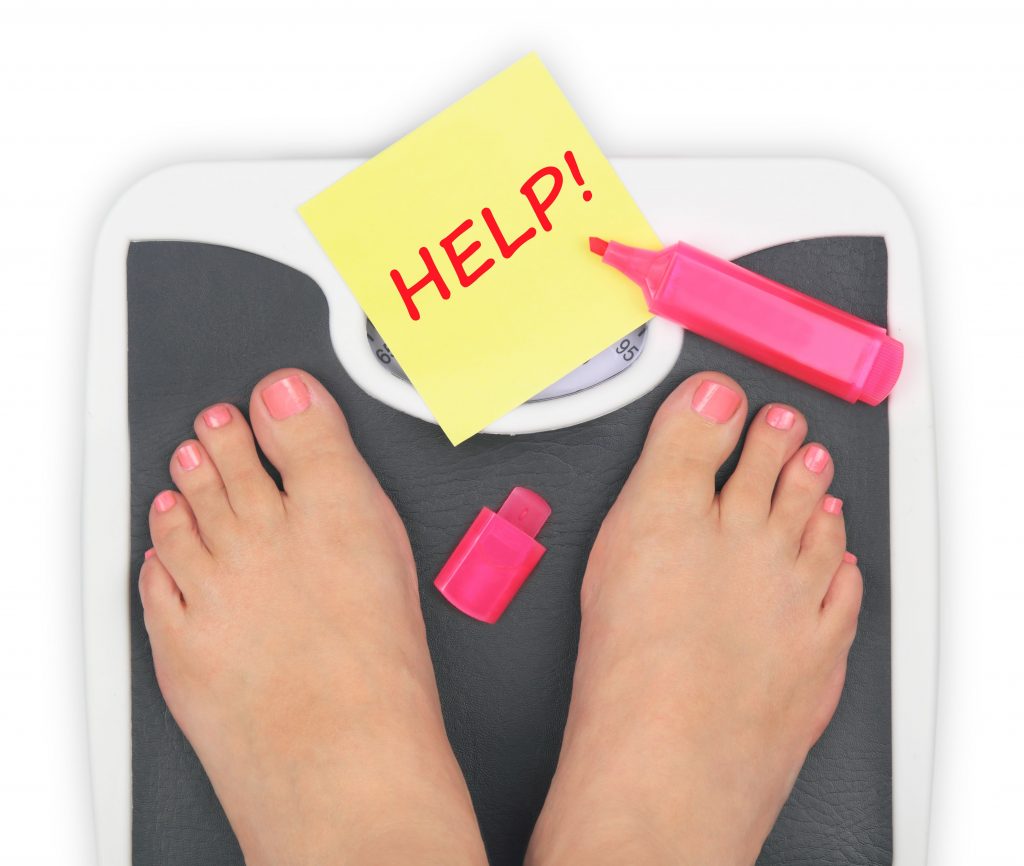

Will taking probiotics really make me poop?
The majority of scientific research – Harvard, Oxford, (and a quick google search) – will all give you a general “yes.” Incorporating probiotics into your diet will likely have an effect on stool frequency and consistency.
But before we can explore the gritty details, we’ll all need to stop snickering and take a moment to understand what probiotics are, why they’re of interest, what the potential side effects are, how to safely consume them, and what they’re doing to our bodies.
After that, you can let the puns fly.
What Are Probiotics?
The World Health Organization described probiotics as “live microorganisms which, when administered in adequate amounts, confer a health benefit on the host.”
Our current understanding of probiotics began bubbling in the late 1800s thanks to the observations of Russian born biologist Élie Metchnikoff. Metchnikoff knew what yogurt and fermented dairy were. They had been discovered much earlier. But in studying the Bulgarian people and their diet, which was rich in yogurt and fermented milk products, Metchnikoff believed their longer than average life spans were the net result of the probiotics in their yogurt, which caused the Bulgarians to live longer despite the harsh climate and rampant poverty (3).
Basically, Metchnikoff surmised that not all bacteria was bad, and he was right (3). Probiotics are considered “good bacteria” and are living microorganisms found in some yogurts, cheeses, and other fermented products such as lactobacillus milk, kefir, sauerkraut, kimchi, and kombucha.
Jump forward and today the two most recognized and studied examples of “good bacteria” are Lactobacillus and Bifidobacterium (2). Both are consumed for their health benefits and ability to produce lactic acid, which helps prevent bad bacteria from colonizing in the intestines (3).
As far as poop goes, Lactobacillus and Bifidobacterium work to maintain intestine and colon health by breaking down food and absorbing nutrients in addition to fighting off “malicious” organisms whose presence often precedes illnesses like diarrhea (2).
Lactobacillus and Bifidobacterium can also be handy in managing:
- IBS (irritable bowel syndrome)
- constipation
- and helping your body recover from antibiotics.
A Healthy Balance
In keeping a healthy balance of both good and bad bacteria in the gut and intestines, probiotics maintain an even scale by helping restore the gut flora (4). From predicting the onset of rheumatoid arthritis, protecting lab mice against certain types of cancer, acting as an anti-inflammatory agent, or bolstering the immune system, many different kinds of probiotics offer a variety of health benefits.
When Should I Take Probiotics?
If you are constipated, probiotics could very well be the answer. By softening stool and helping break down food in the intestines, researchers have found that “probiotics may improve whole gut transit time, stool frequency, and stool consistency.” (2)
Another good time for probiotics would be following a round of antibiotics. Not only do antibiotics kill bad bacteria, they also kill good bacteria, so eating probiotic rich foods following an antibiotic will help you replenish good bacteria.
However, if you suffer from lactose intolerance, probiotics may be off the table, as probiotics have been found much more likely to cause discomfort in that population.
What Types of Foods Have Probiotics?
The full list is quite robust, but below are 7 of the most common foods containing probiotics:

- Yogurt – It’s arguably the most common and available source of probiotics.
- Kefir – This is a fermented probiotic milk drink.
- Sauerkraut – Delicious with grilled meats.
- Tempeh – Originally from Indonesia, tempeh is a soy product with a controlled fermentation process that binds soybeans into cakes.
- Kimchi – This is a fermented cabbage made with probiotic lactic acid bacteria hailing from Korea (5).
- Miso –This staple of Japanese and Chinese cuisine is linked with good gut bacteria. Made from soybeans, add it to hot water for a soothing sou. But don’t let the water boil, as that kills the living bacteria in miso along with the health benefits (6).
- Kombucha – This is a fermented probiotic-rich drink packed with good bacteria. Don’t drink too much though, because too much of the lactic acid used to make kombucha can potentially cause lactic acidosis.
While it would be great to keep ourselves in a steady supply of probiotic foods, stocking the shelves with the above items consistently won’t be the cheapest endeavor. So if cost or consistency is an issue, we recommend getting your probiotics through a supplement. It’s way easier to budget in, stay consistent, and ensure you’re getting the right daily dose. And, oftentimes, you can find supplements with additional health benefits.
Which leads us to…
The Dosage, The Method, and Potential Side Effects?
 According to Consumer Lab, a probiotic should provide at least 1 billion CFUs (colony forming units, i.e., viable cells), with doses typically ranging between 1 billion and 10 billion CFUs daily for adults (7). Natural Wellness’s Super Probiotics contains 10 billion viable cells in each serving.
According to Consumer Lab, a probiotic should provide at least 1 billion CFUs (colony forming units, i.e., viable cells), with doses typically ranging between 1 billion and 10 billion CFUs daily for adults (7). Natural Wellness’s Super Probiotics contains 10 billion viable cells in each serving.
 If you’re looking for a stronger probiotic, Natural Wellness also offers Ultra Probiotic Formula, which has 35 billion living cells per capsule. Both probiotic supplements are developed to withstand the acids in your stomach so they reach their intended destinations.
If you’re looking for a stronger probiotic, Natural Wellness also offers Ultra Probiotic Formula, which has 35 billion living cells per capsule. Both probiotic supplements are developed to withstand the acids in your stomach so they reach their intended destinations.
But what are the side effects of taking too much probiotics, you ask? While most people experience no side effects, some people unfortunately do, and among them the most commonly reported is digestion discomfort. Bloating or diarrhea may also result, so pull the reins if you feel the onset of an upset stomach.
In terms of the time it takes for a high-quality probiotic to start working, granted it survives your stomach acid, is roughly 30-60 minutes. That means you should be patient and wait for probiotics to do their thing before taking any more.
And, according to the Mayo Clinic, probiotics should not be combined with any of the following:
- Any prescription drug that affects your immune system
- Any sort of fungal infection treatment
- Having pancreatitis
Take extra precaution if you get infections often or have a weakened immune system as well, and always consult your physician or dietitian before introducing probiotics into your diet (8).
Why Do Probiotics Give Me Diarrhea?
In a review of 14 separate studies researchers found that for people who were constipated, probiotics increased the number of weekly bowel movements by 1.3, and also helped soften stools. Probiotics are believed to help break down food and any excess caught in the intestine which leads to loose stools and, in some cases, diarrhea.
If probiotics tend to go right through you, try eating them before having a substantial or fibrous meal.
To decrease the likelihood of adverse reactions or stomach discomfort, try starting out at a low dose and slowly introduce more in order to really gauge how the probiotics are affecting you.
Will Probiotics Make You Gain Weight?

While it is believed that a connection exists between one’s gut bacteria and obesity, the actual research just isn’t there yet. Probiotics may show promise in regulating weight in mice, but again, the research is limited and no human trials exist.
The safest thing we can say is, don’t overdo it. Eating too much of anything can become a bad thing and the same holds true for probiotics.
Conclusion
Incorporating probiotics into your diet will likely increase your stool frequency as well as soften your bowel movements. For most of us, there is no risk associated with taking probiotics. So if you can incorporate them, it’s not a bad idea. But as always, use caution. Consult your physician, start small, and pay attention to how your stomach feels.





